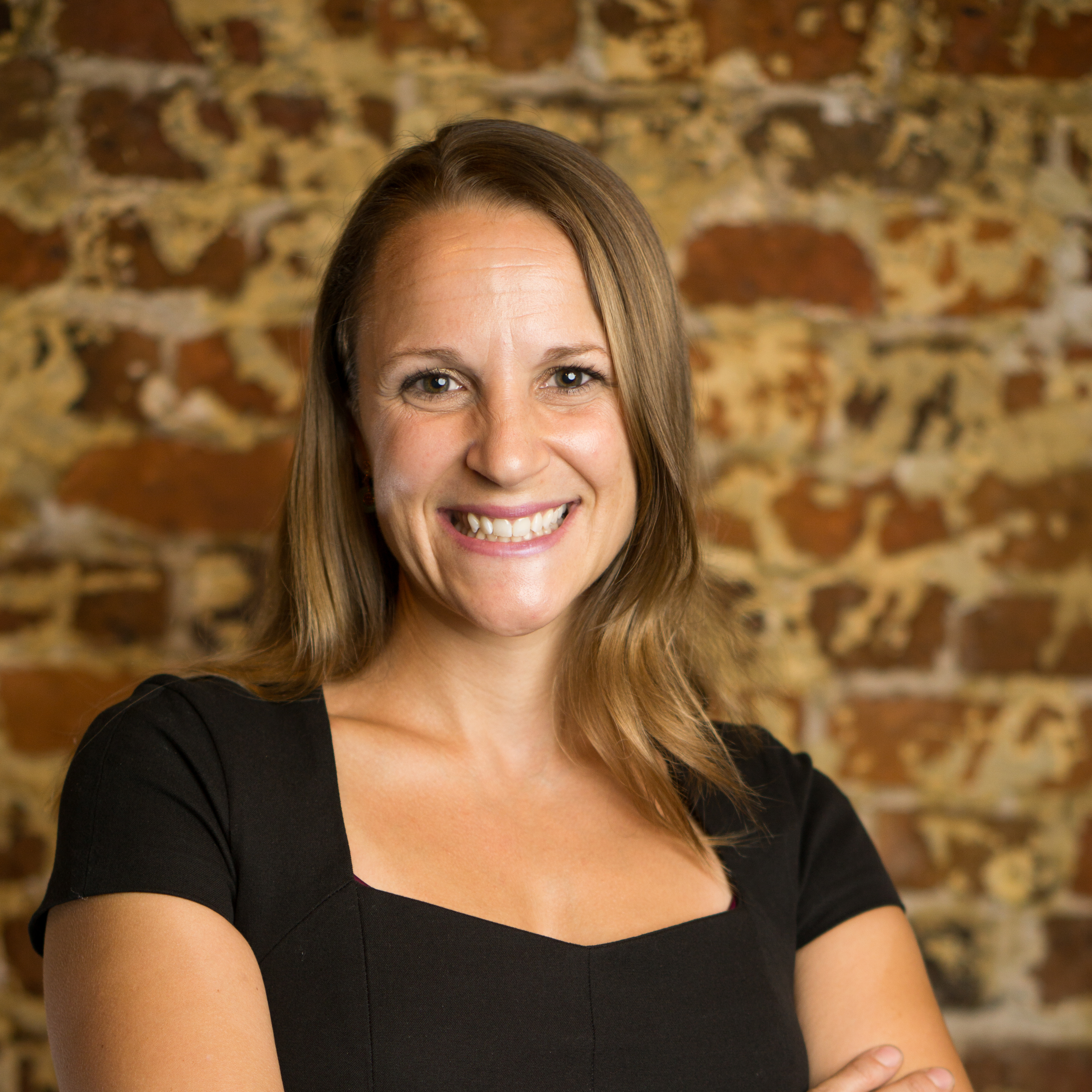 The Whitney Laboratory for Marine Bioscience
The Whitney Laboratory for Marine Bioscience

The Evenings at Whitney Lecture Series hosted by the University of Florida Whitney Laboratory for Marine Bioscience returned on March 14, 2019, at 7 p.m. with the program titled “Resilience and Restoration of Coastal Ecosystems in a Changing Climate.” Christine Angelini, assistant professor in environmental engineering sciences at the University of Florida, talked about the valuable services that vegetated coastal ecosystems - marshes, mangroves and sand dunes - as well as oyster reefs provide to the overall environment. She also talked about how such ecosystems are in decline and how ecologists and engineers are looking for ways to restore and increase the resilience of such ecosystems. This free lecture was presented at Lohman Auditorium, located at 9505 Ocean Shore Blvd., on the Whitney Laboratory campus.
Coastal ecosystems provide many benefits, including protecting shorelines from erosion, mitigating storm surge, supporting fisheries and filtering nutrients from overly nutrient-rich waters. These important ecosystems are in decline due to sea level rise, drought, overfishing, increased storminess and other stressors. Angelini talked about the challenge of determining large-scale and cost-effective ways to restore the declining ecosystems. Angelini also shared about the field research she conducted that looks at the ways species in these habitats interact and how a shift in these interactions can improve the success rate of coastal ecosystem restoration.
Angelini is a coastal and conservation ecologist with an expertise in wetland, reef and dune systems. She works with natural resource managers to create coastal management strategies and ecosystem restoration designs. Angelini was honored with a National Science Foundation CAREER Award. Currently, she has projects funded by the National Science Foundation, National Oceanic and Atmospheric Administration, Florida Fish and Wildlife Conservation Commission and University of Florida. She earned a doctorate in biology from the University of Florida in 2014 and bachelor’s degree in marine biology from Brown University in 2009.